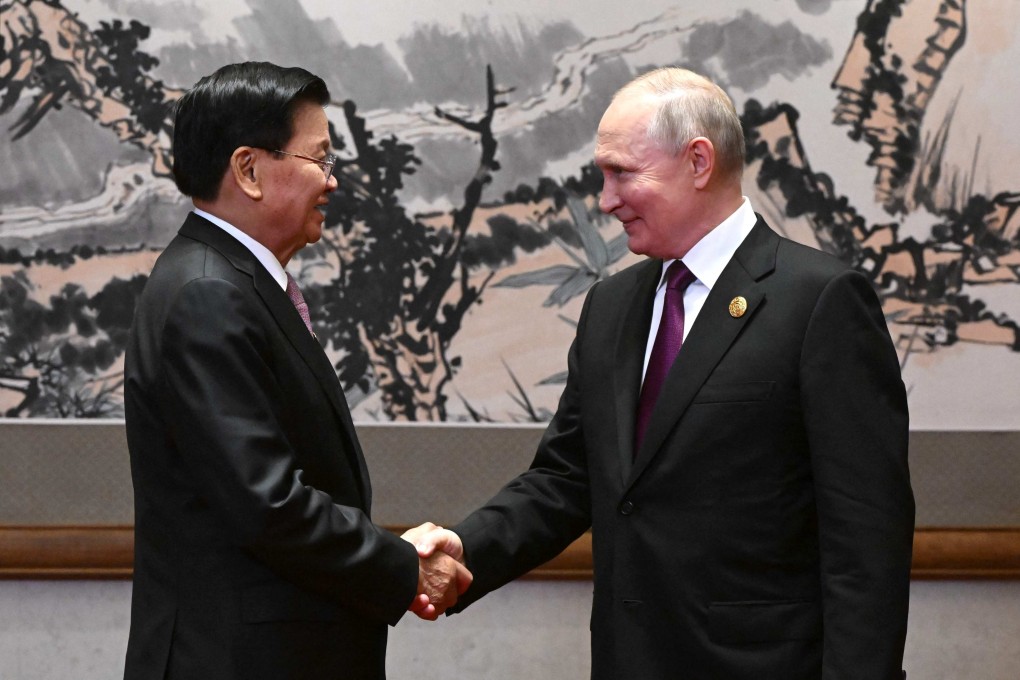Asian Angle | Memory allies: how Russia builds support in Southeast Asia by invoking shared historical narratives
- Russia has used memory diplomacy as a way to bolster its political influence by reminding states of its role and assistance in their development
- The memory of aid during the Cold War appears to be paying dividends, with some countries refraining from criticising Moscow’s actions in Ukraine

So rather than focus on an uncertain future, perhaps it is not surprising that when Russian leaders and diplomats interact with their Southeast Asian counterparts, they use memory diplomacy to assert what they consider to be the country’s rightful role as a great power.

British historian Jade McGlynn defines memory diplomacy as a form of public diplomacy whereby states try to bolster their political influence by “allying their own historical narratives with those of another country” to create “memory allies”. As McGlynn notes, the locus of Russia’s memory diplomacy is Europe, where Moscow extensively employs its selective view of the Soviet Union’s role in the defeat of Nazi Germany during World War II.
In Southeast Asia, that is much harder for Moscow to do, as the Soviet Union played almost no role in the Southeast Asian theatre.
It is hard but not impossible, especially if the memories of the second world war are manufactured. In August, Myanmar and Russia did just that when their defence ministers unveiled a statue in Moscow’s Patriot Park called “Allies of Myanmar Warriors” commemorating the Battle of Mandalay in early 1945.


